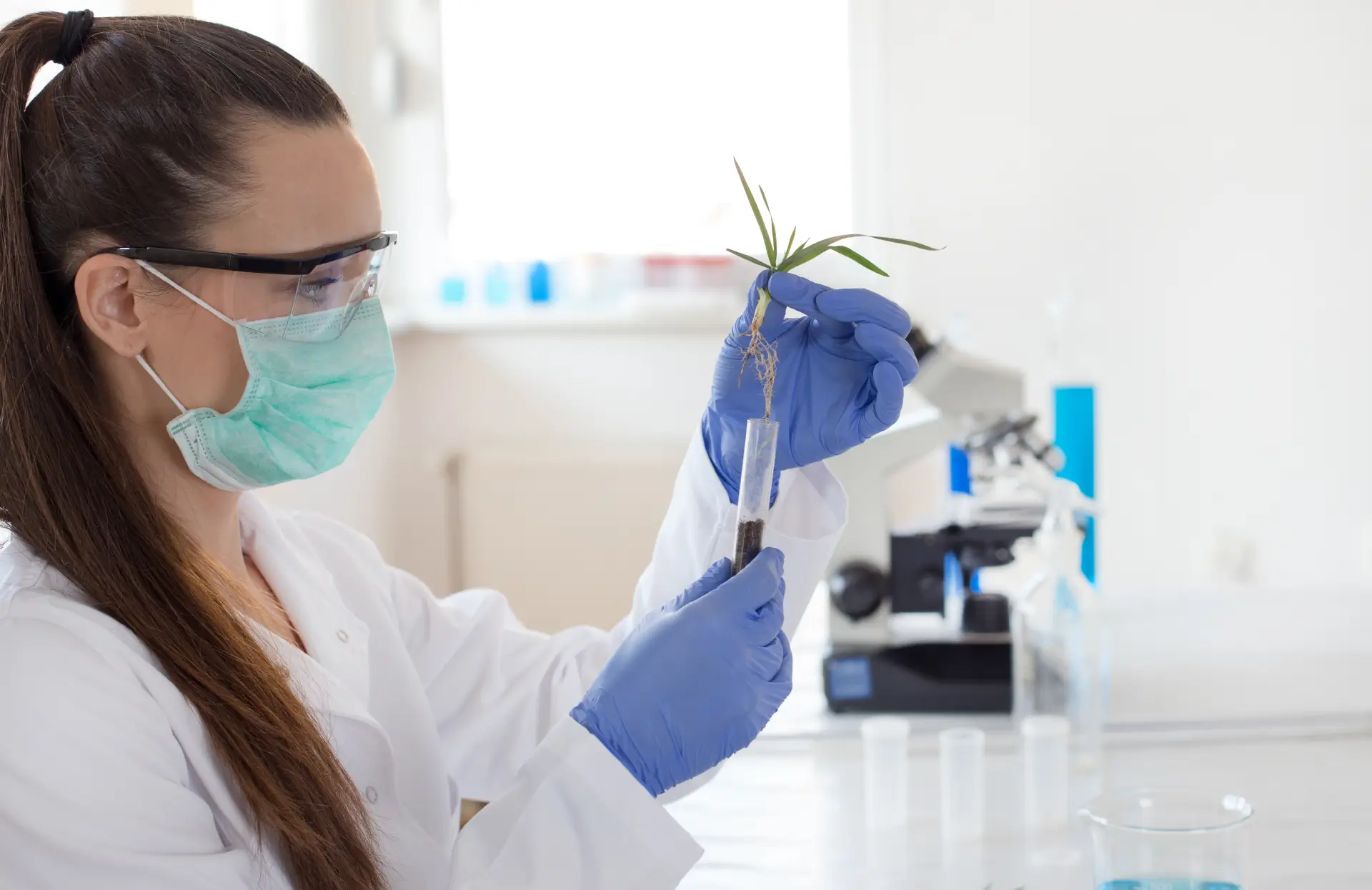New study unearths how the most commonly used probiotics work
The Probiotics benefits are seen in various health conditions, but how they work is still a mystery. One of the studies tried to reveal this. The study involved a few senior adults who had taken Lactobacillus rhamnosus (LGG) a popular dietary supplement twice a day for about a month. This altered their gut microbial profile. This study reported that LGG fleetingly enhances the functions to promote anti-inflammatory pathways in the original gut microbes.
The stool samples checked before and after taking the probiotic supplement, showed that the changes occurred at the genetic level in the microbes. Genes involved in adhesion and bacterial motility were significantly expressed on the consumption of probiotics that were mostly associated with Roseburia and Eubacterium motile gut species.
These original gut bacteria are famous for producing short-chain fatty acid butyrate, which is the nutrient for human colonocytes, has anti-inflammatory properties, and decreases epithelial permeability.
“This novel concept reported in the study suggests that probiotics affect the overall ecosystem of the gut as opposed to the previous assumption that LGG and other probiotics work directly on the host.”
